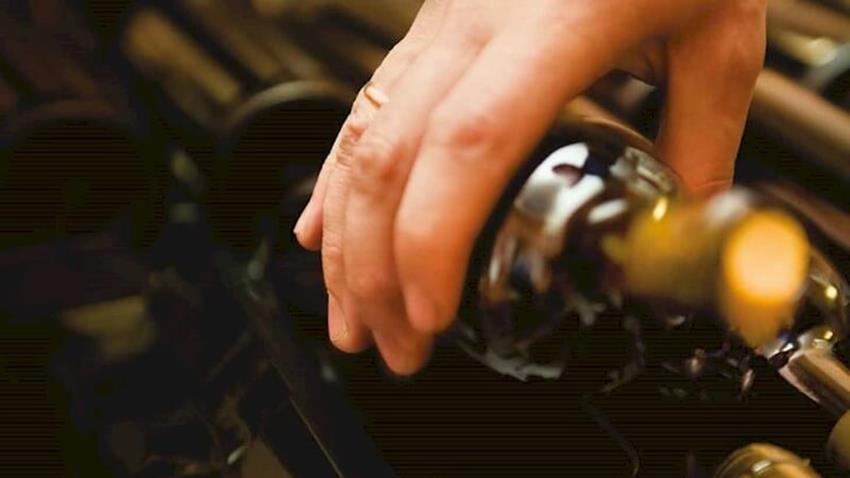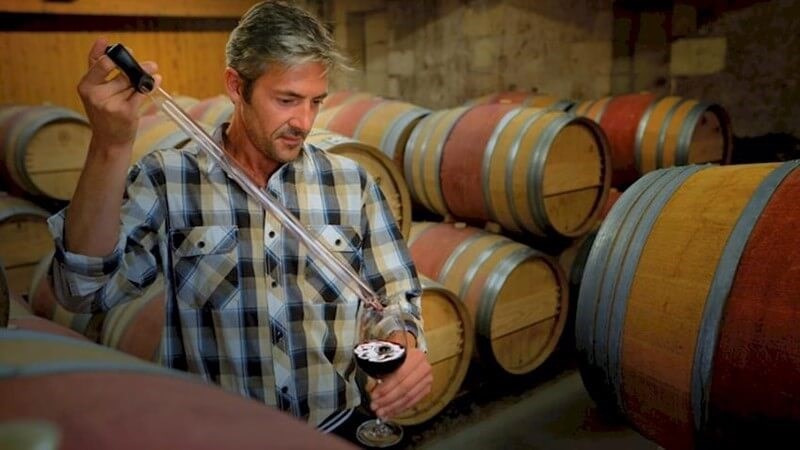
Many of us look to the vintage of a wine to help us make a decision when choosing between several different bottles. Generally speaking, many people assume that if the wine is from a more distant vintage, it will be a better choice, but is this really the case? Are people confusing quality for age, we're not saying those two things are mutually exclusive by the way!
Wine is made for drinking
The majority of wines you'll see, both in the on-trade and on supermarket shelves are made to be enjoyed straight away. The everyday wines we all encounter are not intended to be laid down and left to mature, and in many cases, this will cause the wine to spoil. Wine is a natural product after all; despite rave reviews for a 300-year-old wine uncovered during the excavation of the London's Spitalfields Market back in 1999, we can't really assume any food or drink will last forever.
Of course, this isn't the case for all wines, some do get better with age, as do all of our customers, of course. There is even a whole industry that surrounds investing and speculating on bottles of fine wine. Consider antiques - many of the older items that are now worth a lot of money were highly sought after when they were first made, whereas everyday items were used and enjoyed long before they could become collectable. This is often the case with wine - the costly bottles, from well-regarded vintages may well be worth keeping and can improve with age, but most wines are something nice to enjoy in the here and now.
Why does wine taste better with age?
As a wine ages, there is a complex chemical reaction that occurs among the sugars, acids and phenolic compounds. Over time, this chemical reaction changes the taste of the wine, and in many cases, this improves the flavour. It also changes the colour and smell, as well as altering how the wine feels in the mouth.
One of the phenolic compounds, known as tannins, particularly impacts on the taste of the wine after ageing. Tannins are found in the grapes and are what gives the wine its dry texture. Both white and red wines contain tannins, but red wine contains a lot more. White wine has a small amount of tannins from grapes and picks up more when it is placed in oak barrels.
Tannins are a natural preservative which can keep a bottle of wine tasting great for 40 years or more. When a wine is first made, the tannins give it a bitter taste, but over time, these dissipate with the wine becoming smoother and richer. Wines with a low pH are more capable of tasting better with age than less acidic wines, and so these are the best wines to age.

How to age wine
If you do get hold of an exceptional bottle that you wish to keep to drink at a later date, here's how to age your wine. The most important element of ageing wine is to keep the bottle away from direct sunlight. This is why traditionally cellars are used to age wine, as the levels of natural light tend to be very low. When it comes to temperature, the ideal is between 12 and 18 degrees Celsius, and for humidity, the level should be as close to 70% as possible.
Lay the bottle down on its side, checking back regularly to rotate the bottle in regular increments. This will keep the cork from drying out. Wine ageing takes time and patience. It can be all too tempting to open a bottle you are ageing, which will completely defeat the object of what you are trying to do. To avoid this temptation, have a couple of good everyday bottles in stock that you can crack open instead, and continue to wait for your ageing wine until it's ready.
Generally speaking, high-quality wines can be made better with age and may be well worth hanging on to, but even if this is the case, the quality will ultimately suffer if left long enough! The cork closure is usually the problem, as over time it is increasingly likely to let small amounts of oxygen into the liquid. Quality mid-market reds can occasionally benefit from being left up to five years, but less expensive bottles of wine, however, are usually always made to be enjoyed within the year!

